
Emma Despland, PhD
- Professor, Biology
Are you the profile owner?
Sign in to editResearch areas: Individual behaviour in insect-plant interactions, and its role in population-level processes
Contact information
Biography
Education
Research interests
My research examines plant-insect interactions at the level of the individual organism, focusing on behaviour, nutrition and chemical ecology.
I investigate questions about the roles of social relationships with conspecifics and of trophic relationships with food plants and natural enemies. My focus is on outbreaking pest insects, both in Canada (Forest Tent Caterpillar and Spruce Budworm) and internationally (desert locust), and in biodiversity conservation in the Montreal urban landscape and in the neotropics.
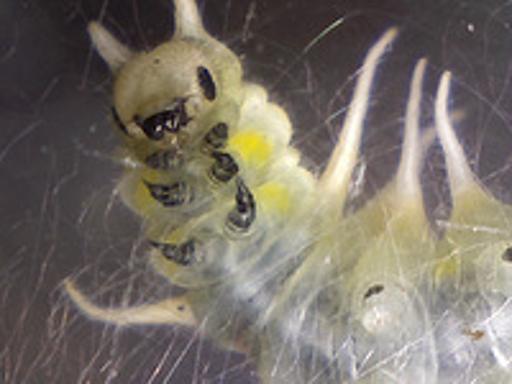
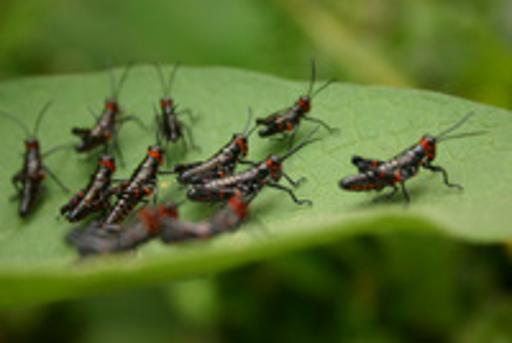
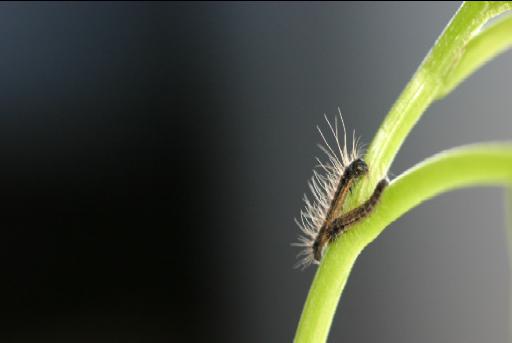
Teaching activities
Research activities
-
Biocontrol of caterpillar outbreaks
- Group-living in neotropical Solanaceae feeders
- Caterpillar nutrition
- Trophic relationships of invasive insects

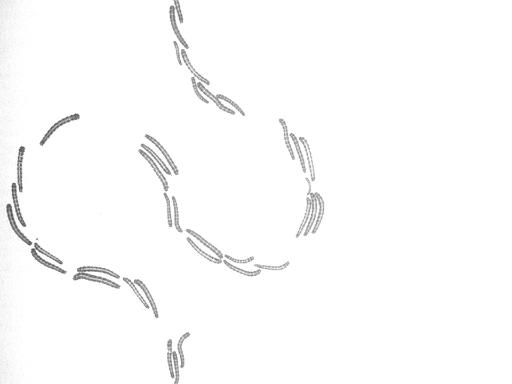
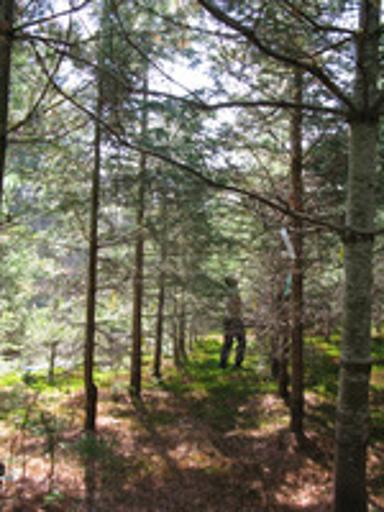
Publications
- Hakimara, M & Despland, E (2023) Vertical stratification of leaf physical traits exerts bottom–up pressures on insect herbivory in a sugar maple temperate forest Insect Conservation and Diversity
- Caron, A.-S., Koudji, E.G., Handa, I.T., Montoro Girona, M., Despland, E. (2023) Forest Tent Caterpillar Outbreaks Drive Change in Ant Communities in Boreal Forests. Forests, 14(6):1147
- Bellemin-Noël, B., Bourassa, S., Despland, E., De Grandpre, L., Pureswaran, D.S. (2021) Improved performance of the eastern spruce budworm on black spruce as warming temperatures disrupt phenological defences. Global Change Biology, 27(14):3358-3366
-
Despland, E. (2021) Selection Forces Driving Herding of Herbivorous Insect Larvae. Frontiers in Ecology and Evolution, 9
- Despland, E. (2019) Caterpillars cooperate to overcome plant glandular trichome defenses. Frontiers in Ecology and Evolution, 7(JUL)
-
Despland, E. (2018) Effects of phenological synchronization on caterpillar early-instar survival under a changing climate. Canadian Journal of Forest Research, 48(3):247-254.
-
Despland, E., Gervais, D. and Morcos, L. (2017) Double allomimesis of advancing and retreating individuals maintains cohesion in exploring groups of nomadic caterpillars. Behavioral Ecology and Sociobiology, 71(3).0.
-
Despland, E. (2014) Butterflies of the high-altitude Atacama desert: Habitat use and conservation. Frontiers in Genetics, 5
-
Despland, E. (2013) Plasticity of collective behavior in a nomadic early spring folivore. Frontiers in Physiology, 4(54):1-11.
-
Colasurdo, N., Gélinas, Y. and Despland, E. (2009) Larval nutrition affects life history traits in a capital breeding moth. Journal of Experimental Biology, 212(12):1794-1800.
-
Buhl, J., Sumpter, D.J.T., Couzin, I.D., Hale, J.J., Despland, E., Miller, E.R. and Simpson, S.J. (2006) From disorder to order in marching locusts. Science, 312(5778):1402-1406.
Outreach:
- Relocalisation de l'Éco-Campus d'Hypertec à LaSalle: Une décision visionnaire et écoresponsable
- Summit park is a bird sanctuary
- To attain global climate and biodiversity goals, we must reclaim nature in our cities
- Why the spongy moth outbreak has vanished from Québec
- C'est la fin de l'épidémie de la spongieuse
- From deforestation to the pandemic: how destroying ecosystems increases novel infectious diseases
- Les insectes herbivores: ou se cachent-ils dans une forêt?
- Remote conferences and flying less
- Ces fourmis que cache la foret
Artistic performances
Media
- Des chenilles dont les ravages cachent le rôle écosystémique
- Protéger la biodiversité urbaine et l’habitat du Technoparc
- Concordia’s Finding Urban Nature outreach project promotes the value of Montreal’s informal green spaces
- Concordia biology interns make a difference through urbaNature Education
- Un composé anti-cannibalisme chez les criquets


